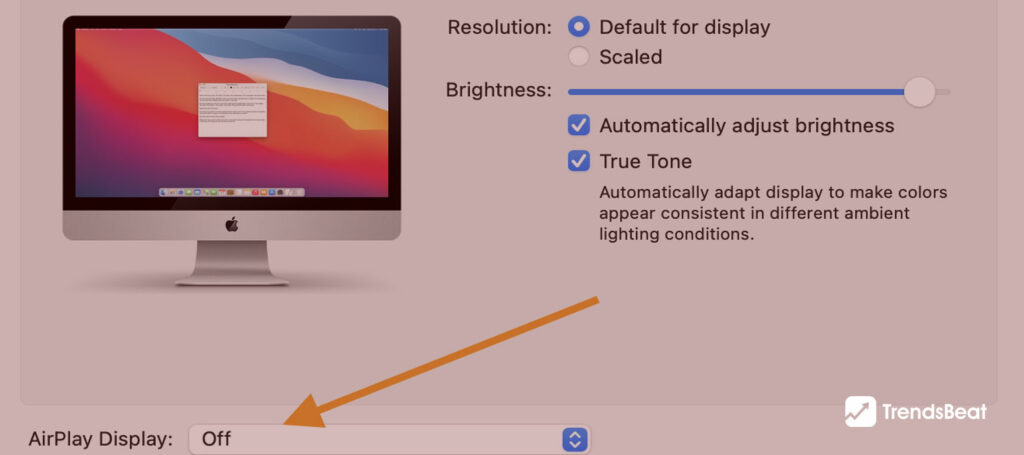Weight Loss Medication Health Effects: Side Effects and Best Advice
![[Weight Loss Medication Health Effects] Side Effects and Best Advice](https://trendsbeat.com/wp-content/uploads/2023/04/feature-image-Weight-Loss-Medication-Health-Effects-Side-Effects-and-Best-Advice-991x564.jpg)
Everyone wishes to stay fit. People do workouts, maintain calorie-deficit diets and follow the latest fitness-related trends to keep themselves fit and their weight in check. Making changes to your diet and cardio are the initial steps to losing weight. But in some cases, people do excessive diets, workouts and other efforts but still fail to lose any pounds. That is when they go to weight loss medication. Doctors prescribe you weight loss pills when you are obese, and your obesity is leading you to health risks. Also, if you have already tried different workouts and diet plans and nothing seems to be working for you, you can go for weight loss medication.
Importantly, weight loss medication isn’t for overweight or high BMI. Anyone with a high BMI can lose weight and maintain a normal BMI by changing their lifestyle utilizing the best weight loss programs. You need to follow the proven weight loss programs to shed those extra pounds and maintain normal body weight if you want to lose weight. But if all this does not work for you, you should go to medications. Let’s discuss in detail weight loss medication health effects on the body.
Things You Need to Know About Weight Loss Medication
Are you worried about the extra weight you gained? Feeling Obese and want to lose that extra weight? Don’t worry! You can lose weight by adopting a healthier lifestyle. Eat healthy foods and do physical activity regularly to get back in shape.
If you are overweight and want to shed those extra pounds, healthy diet plans and exercises are the best solutions to get back in shape. But, people with a high BMI find it hard to lose extra weight; in such cases, they look for weight loss medication pills to reduce their weight. Although! It is hard to take weight loss medication, but people still do this. If you have decided to take the weight loss pills, consult your doctor. You and your doctor need to discuss a few things before prescribing weight loss pills considering your medical conditions and the possible side effects of weight loss on your body.
![[Weight Loss Medication Health Effects] Side Effects and Best Advice [Weight Loss Medication Health Effects] Side Effects and Best Advice](https://trendsbeat.com/wp-content/uploads/2023/04/content-image-2-Weight-Loss-Medication-Health-Effects-Side-Effects-and-Best-Advice.jpg)
For people who want to lose weight, these medications seem magical. Also, the manufacturers of such medicated pills make extravagant promises about these medications. However, most clinical research does not support these drugs. That is why it is advisable to not take these medications on your own. Consult your health specialists before taking these medications. You can’t replace physical activity or healthy eating habits with weightless medication to shed extra pounds. Instead, the best advice for weight loss is to combine these medications with a healthy lifestyle or weight loss programs to see effective results.
Weight Loss Medication Side Effects on Human Body
Although! The Food & Drug Administration (FDA) has approved medication back in 2012 to help obese adults lose some of their excess weight, but consumers’ actual knowledge of the drugs varies greatly. Even though they help lose weight, they have associated risks. Some doctors are still hesitant to recommend them due to concerns about their risks and side effects on the human body. In terms of weight loss, there is no magical pill that can help you reach your fitness goals. Instead, the best advice for weight loss is to adopt a healthy lifestyle and stay active. Weight loss programs are effective for those who are overweight or obese.
Weight loss medications may have significant or serious side effects. Some important warnings and weight loss medication side effects are as follows:
Many weight-loss medications known as sympathomimetic amines can stimulate the heart, resulting in high blood pressure and a rapid heart rate.
Weight loss drugs containing amphetamine derivatives or stimulants may cause constipation, dry mouth, restlessness, withdrawal symptoms, or insomnia (difficulty falling asleep), as well as drug abuse and addiction.
Some weight loss medication has been linked to rare liver damage, and patients feel the symptoms of liver disease such as itching, yellow skin or eyes (jaundice), stomach pain, loss of appetite, pale or tar-coloured stools, and brown urine (due to excess bilirubin in the urine).
Qsymia is an FDA approved medication that helps in weight loss, but it can lead to severe congenital disabilities in pregnant women. That is why it is advisable to consult your doctor before taking any medicine.
![[Weight Loss Medication Health Effects] Side Effects and Best Advice [Weight Loss Medication Health Effects] Side Effects and Best Advice](https://trendsbeat.com/wp-content/uploads/2023/04/content-image-1-Weight-Loss-Medication-Health-Effects-Side-Effects-and-Best-Advice.jpg)
Is It Safe to Take Weight Loss Medications?
You may remember some disturbing reports about previous weight-loss medications. Dexfenfluramine and fenfluramine were taken off the market after being linked to heart valve damage. Sibutramine, another weight loss medicated drug, was removed after it was linked to heart attack and stroke in people at the highest risk for them. The options available today come with their own set of cautions. People with high blood pressure or other heart conditions should avoid phentermine, which is found in Adipex-P, Ionamin, and Qsymia. Topiramate, another ingredient in Qsymia, has been linked to an increased risk of congenital disabilities, so women who take it should take extra precautions to avoid becoming pregnant.
Few Final Thoughts
Obesity is the most common and dangerous disease found in many people. It is a disease that leads to many health conditions like high blood pressure, type 1 or types 2 diabetes, heart attack etc. One needs to change their lifestyle to get back in shape. Healthy eating habits and a little bit of physical activity can drastically change your body and make you fit. However, people with high BMI often face difficulty losing weight even after trying many diet plans and exercises. They go for weight loss medication pills to shed extra pounds in such cases. Indeed! These drugs help you lose weight, but one should not take their own. You have to consult your doctor before taking any medicines because these drugs have harmful ingredients for the human body. So, the best advice for weight loss is to speak to your doctor first before you take any weight loss medication.















































































![Essential-Cybersecurity-Tips-for-Small-Businesses-[Protect-Your-Data]-TrendsBeat](https://trendsbeat.com/wp-content/uploads/2023/05/Essential-Cybersecurity-Tips-for-Small-Businesses-Protect-Your-Data-feature-image-template-1024x455.jpg)


















![Top Fitness Trends & Workout Routines to Follow [Stay Fit, Stay Healthy]](https://trendsbeat.com/wp-content/uploads/2023/04/feature-image-Top-Fitness-Trends-Workout-Routines-to-Follow-Stay-Fit-Stay-Healthy-1024x455.jpg)










![[Weight Loss Medication Health Effects] Side Effects and Best Advice](https://trendsbeat.com/wp-content/uploads/2023/04/feature-image-Weight-Loss-Medication-Health-Effects-Side-Effects-and-Best-Advice-1024x455.jpg)



